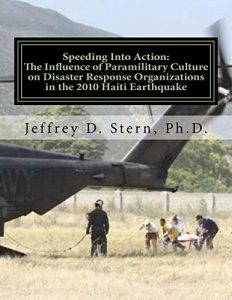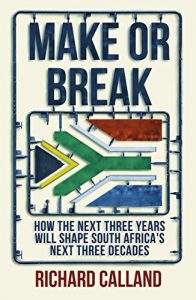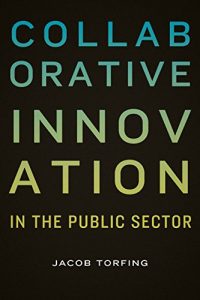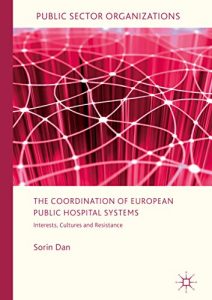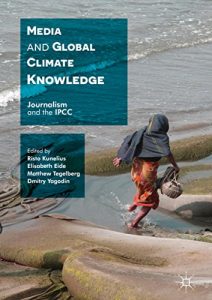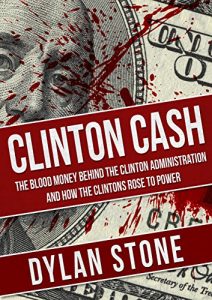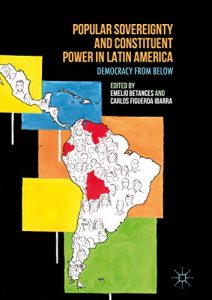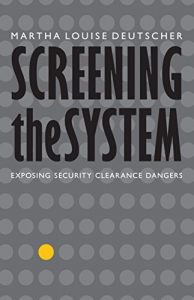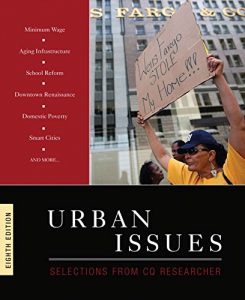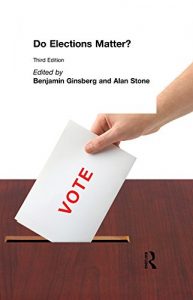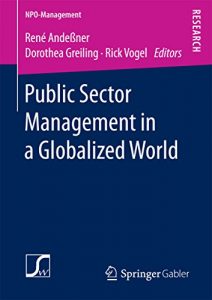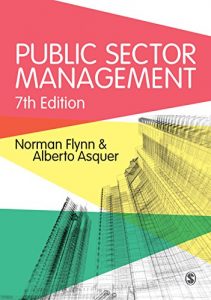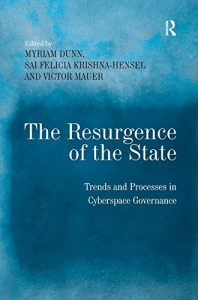I 99eBooks è una directory di eBook. Cerchiamo e classificato intorno alle eBooks Web per te!
Tutti i diritti riservati. I libri e libri elettronici sono di proprietà dei rispettivi proprietari.
Amministrazione pubblica Pubblica amministrazione Pubblica amministrazione e settore pubblico Studi culturali e sociali
Speeding Into Action: The Influence of Paramilitary Culture on Disaster Response Organizations in the 2010 Haiti Earthquake (English Edition)
Abstract: This dissertation examines the influence of paramilitary professional cultural attributes on the speed at which disaster response organizations (DROs) recognize, respond, organize, and take action in the immediate aftermath of a disaster. Three agencies are examined: the U.S. Coast Guard, the Federal Emergency Management Agency, and the U.S. military’s Southern Command/Joint Task Force-Haiti. The 2010 Haiti earthquake is used as a case study to explore the influence of three independent variables: (1) paramilitarism; (2) career ladders (i.e., recruitment and professional development of staff); and (3) workforce autonomy. The purpose is to determine if paramilitary cultures help or hinder an agency’s speed into action, thereby helping improve the disaster response organizations of the future. In the case of Haiti, it finds that the combination of thick paramilitary culture, insider career ladders, and high workforce autonomy best enabled responders’ speed into action.
